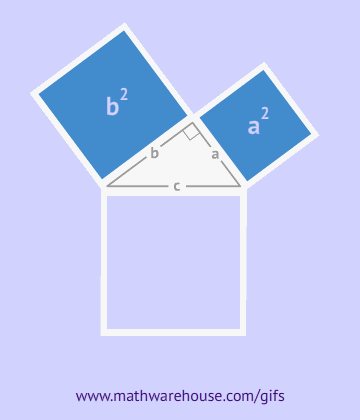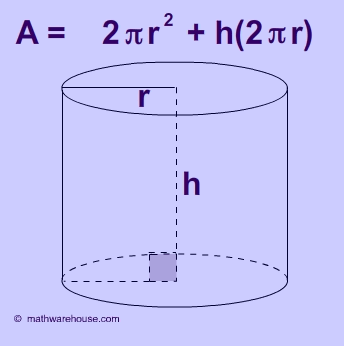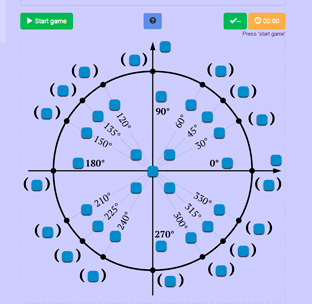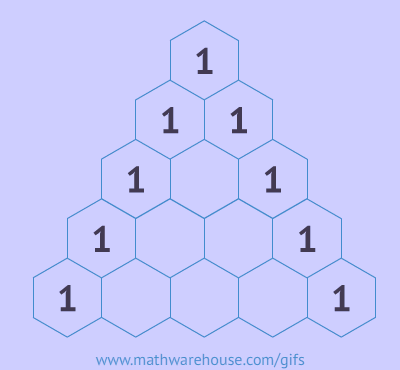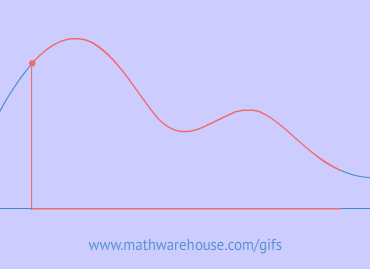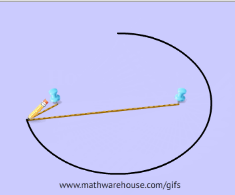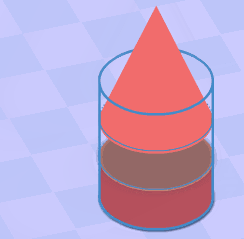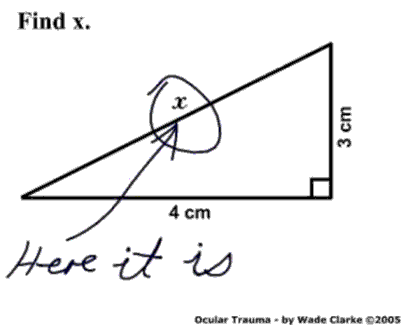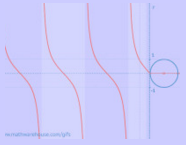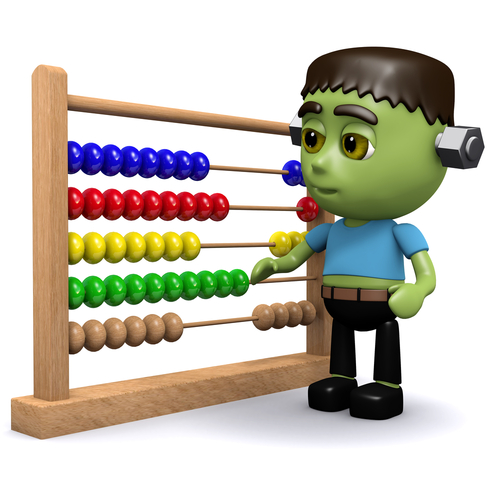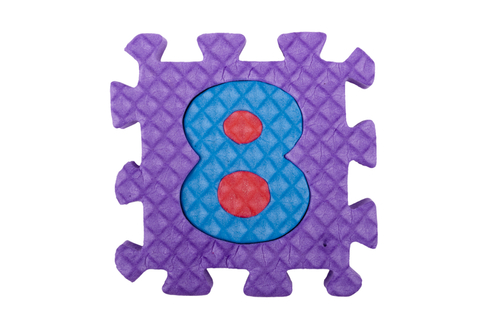Scientific notation is just a short hand way of expressing gigantic numbers like 1,300,000 or incredibly small numbers like 0.0000000000045. Also known as exponential form, scientific notation has been one of the oldest mathematical approaches. It is favored by many practicioners. If numbers are too big or too small to be simply calculated, people reffer to scientific notation to handle these circumstances. This method is used by engineers, mathematicians, scientists.
An example of scientific notation is 1.3 ×106 which is just a different way of expressing the standard notation of the number 1,300,000. Standard notation is the normal way of writing numbers.
Key Vocabulary
mantissa = this is the integer or first digit in any Scientific Notation. For example in 1.3 ×106, the mantissa is the "1"
Other examples:
- 1.2 ×1014
 the positive exponent indicates a large number
the positive exponent indicates a large number - 4.22×1011
- 7.89 × 10-21
 the negative exponent indicates a small number
the negative exponent indicates a small number
General Formula of Scientific Notation
The general from of a number in scientific notation is:
a ×10n where 1 ≤ a ≤ 10 and n is an integer. In other words the number that we'll call "a" is is multiplied by 10, raised to some exponent n. This number "a" must be no smaller than 1 and no larger than 10. To illustrate this definition examine the following:
1.4 ×104 is a proper example of scientific notation because
- 1.4, which is "a" in this example, is not smaller than 1 and not larger than 10 so it's ok.
- 10's exponent is the integer 4.
.9 ×104 is a NOT proper example because
- .9 which is "a" in this example, is smaller than 1 which is not allowed in scientific notation
3.34 ×10½ is a NOT proper example because
4.34 ×10-55 is a proper example because
- 4.34, which is "a" in this example, is not smaller than 1 and not larger than 10
- 10's exponent is the integer -55. Integers can be negative
| Scientific Notation | Standard Form |
| 1.23 ×102 | 123 |
| 1.23 × 103 | 1,230 |
| 1.23 ×104 | 12,300 |
| 1.23 × 105 | 123,000 |
| 1.23 ×106 |
1,230,000 |
Practice Problems
Convert Scientific Notation to standard formIn the following sentences, convert from scientific notation to standard form.
| Scientific Notation | Standard Form |
| 1.303 •105 | 130,300 |
| 9.43 •104 | 94,300 |
| 3.423 •107 | 34,230,000 |
| 3.23 •106 | 3,230,000 |
| 6.003 •109 | 6,003,000,000 |
In the following sentences, convert from standard form to scientific notation.
| Standard Form | Scientific Notation |
| 19,300 | 1.9•104 |
| 200,000 | 2.0•105 |
| 3,013,000,000 | 3.013•109 |
| 12,000,000,000 | 1.2•1010 |
| 130,000,000,000,000,000,000,000 | 1.3•1023 |
In the following sentences, state whether or not the given number is in Scientific Notation and explain your answer.
| Scientific Notation ??? | Standard Form |
| 1) 13 •105 | 1) No because 13 is greater than 10 and Scientific Notation's initial number must be between 1 and 10 |
| 2) 1.3 •105 | 2) Yes, this is proper scientific notation |
| 3) 3.423 •1090909090 | 3) Yes, proper Scientific Notation. |
| 4) 3.23 •10-6 | 4) Yes, no one said that you couldn't have negative exponents in your Sceintific Notation. |
| 5) 931 •10-9 | 5) No! You can have negative exponents but your first number (931 in this case) still must be between 1 and 10 |

